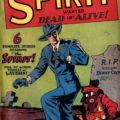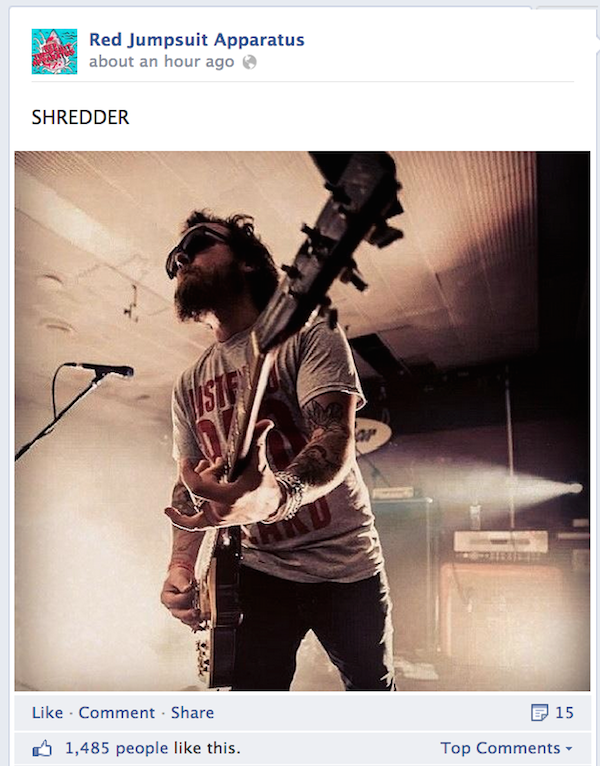
Who is copyright law meant to protect? If you were to look at Article I, Section 8, Clause 8 of the US Constitution, you would presume that copyright law protects the work of “authors and inventors,” however, in practice it is easy to see that this is not the truth. This clause, which is the basis of American copyright law, suggests that the intent of copyright is to promote and stimulate cultural progress by securing the rights of those who create the art and technology that comprise our culture, the so-called “authors and inventors.” Yet history shows us that it is the corporations and the publishers who employ these original creators and distribute their work that are the true beneficiaries of copyrights. The writers, the artists, and the inventors that should be protected by these laws are often inconsequential in the eyes of our current legal system. If you are familiar with the history of comics, you probably already know all this. Comics history has been plagued with injustices of intellectual ownership since its early days. One could even say that modern comics were born out of copyright injustice. To see this, let us turn to comics’ most recognizable mascot: Superman.
During the golden age of comics, Superman was the centerpiece of a number of lawsuits involving copyright infringement. This probably doesn’t come as any surprise since Superman was one of the most popular characters in American media at the time. If we are to read copyright law through an optimistic lens, then we would say that it was the author’s right to secure the product of their creative efforts. After all, Superman was the single most important achievement of Joe Shuster and Jerry Siegel’s careers and it would be unjust for others to profit off of ideas that belonged to Shuster and Siegel. From this perspective, court cases like National Comics Publications v. Fawcett Publications would seem righteous. Fawcett Comics had created another costumed character with super-strength, Captain Marvel, that could be considered rather similar to Superman, and so National Comics spent years in and out of court attempting to find justice against Fawcett Comics. We could assume that these legal actions were done to preserve the original image of Superman created by Shuster and Siegel, but this is not reality. In reality, Superman never belonged to Shuster and Siegel. Superman, the most important character to ever come out of the comics medium, never belonged to his own creators.

Shuster and Siegel were paid $130 for their work on Action Comics #1 and when they sued for more, they were promptly fired. To National Comics, now known as DC Comics, these creators had always been replaceable. Their names were removed from the comic and for the remainder of their lives, the two would not find success in the comics business. Jerry Siegel became a mail clerk and Joe Shuster was forced to make money by drawing pornography. American copyright laws were not made for people like Joe Shuster and Jerry Siegel. They were not made for struggling creators attempting to make careers in the comics industry. Copyright laws were made for corporations like National Comics that paid these creators $130 for one of the greatest creations of modern pop culture. With this context, we also see the true meaning behind National Comics Publications v. Fawcett Publications. This was not the work of a publisher attempting to safeguard the creative work of their authors, as we were musing earlier. National Comics had already fired and removed Shuster and Siegel’s names from Superman by the time this court case began. This lawsuit was an attempt by National Comics to eliminate their competition, and they succeeded. A final decision for the case was never given because when Fawcett Comics could no longer afford to fight the lawsuit, they threw in the towel and paid National Comics a settlement of $400,000. Copyright law prevailed for the corporation, while the true authors would spend most of their lives struggling to even make a living.
The story of Superman, Joe Shuster, Jerry Siegel, and National Comics is only one of many tragic stories in the history of comics. It doesn’t take much research to find the multitudes of accounts within the comics industry where copyright laws failed to justly defend the rights of comic creators. We might like to think that copyright laws are needed in order to secure the original ideas of our nation’s “authors and inventors,” but if you read comics then you know that copyright law does little on the behalf of those that it was intended to protect.







